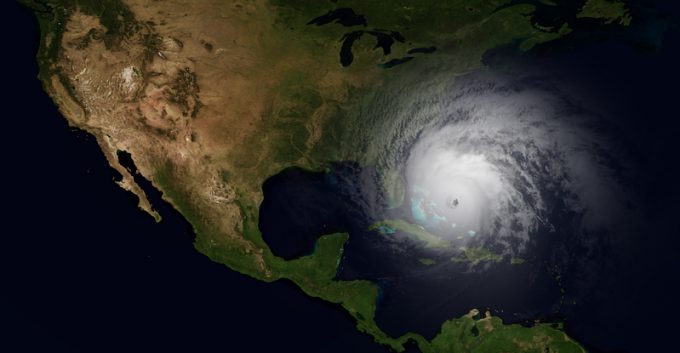Air freight optimism for North America's cherry trade pipped by 'other factors'
After two successive years of sub-standard crops, this year’s cherry harvest in the US provided ...
GM: RAISING THE ROOF GGM: IN FULL THROTTLE GZIM: MAERSK BOOST KNIN: READ-ACROSSMAERSK: NOT ENOUGHMAERSK: GUIDANCE UPGRADEZIM: ROLLERCOASTERCAT: HEAVY DUTYMAERSK: CATCHING UP PG: DESTOCKING PATTERNSPG: HEALTH CHECKWTC: THE FALLGXO: DEFENSIVE FWRD: RALLYING ON TAKEOVER TALKODFL: STEADY YIELDVW: NEW MODEL NEEDEDWTC: TAKING PROFIT
GM: RAISING THE ROOF GGM: IN FULL THROTTLE GZIM: MAERSK BOOST KNIN: READ-ACROSSMAERSK: NOT ENOUGHMAERSK: GUIDANCE UPGRADEZIM: ROLLERCOASTERCAT: HEAVY DUTYMAERSK: CATCHING UP PG: DESTOCKING PATTERNSPG: HEALTH CHECKWTC: THE FALLGXO: DEFENSIVE FWRD: RALLYING ON TAKEOVER TALKODFL: STEADY YIELDVW: NEW MODEL NEEDEDWTC: TAKING PROFIT

Florida may have escaped the worst damage predictions for Hurricane Irma, but a dearth of trucking has left the state’s logistics services badly hobbled.
Severe power shortages, which saw eight million people without electricity in the immediate aftermath of the storm – some still cut off – have also troubled the industry.
President of Commodity Forwarders Christopher Connell told The Loadstar that following the devastating effect of Hurricane Harvey on Houston, Florida was able to be well prepared for Irma.
“We were able to rotate staff in across Florida so they could make sure their homes were safe,” said Mr Connell. “And while the south coast took a hammering, further north things weren’t as bad.
“Overall, the impact was less severe than predicted, leaving as the biggest issue the number of days we were shut.”
However, Mr Connell said, operations were back up and running pretty quickly. Miami Dade Airport had closed on the Friday – in advance of the hurricane’s landfall – but was back open by the following Tuesday.
Despite Commodity being a perishables specialist, he said the forwarder had managed to ride much of the power outage via back-up generators.
“The problem now is getting truck capacity, with many contract operators electing not to come down to the state,” said Mr Connell. “This hesitation is primarily driven by a fear of not getting a return load or being stuck in the fuel shortage, with many gas stations out.”
Vice president of Interworld Freight Farouk Gomati said finding truck capacity had also been hindered by government curfews.
“Many truckers decided to stay north of Florida over fears – well founded – of potential fuel shortages,” said Mr Gomati. “But there have also been those who have been turned away because of still active curfews or because warehouse systems have been down, meaning shipments cannot be accepted.”
Mr Gomati said Interworld volumes were down 35% on where they normally would have been in the week leading up to the storm. However, he said the effect was “fortunately” short-term and, unlike others, Interworld suffered neither flooding nor power outages.
“The week of the storm we loaded 15 containers, half what we would normally do,” he continued. “And while the following week started a little slow – partly because of the truck shortage – one day we loaded 12 containers compared with our daily average of five or six.”
Mr Connell said there were concerns over the longer-term impact of the hurricane, with orange prices already rising amid reports that 70% of the state’s citrus crops had been affected.
Mr Gomati said the main problem he was experiencing in Florida was not trucking, but on the air side, with carrier capacity into Latin America severely restricted due to backlogs.
With airlines having been out for four or five days, there were “serious” backlogs into South America, leaving the company reliant on its warehouse space to house goods, he said.
Comment on this article